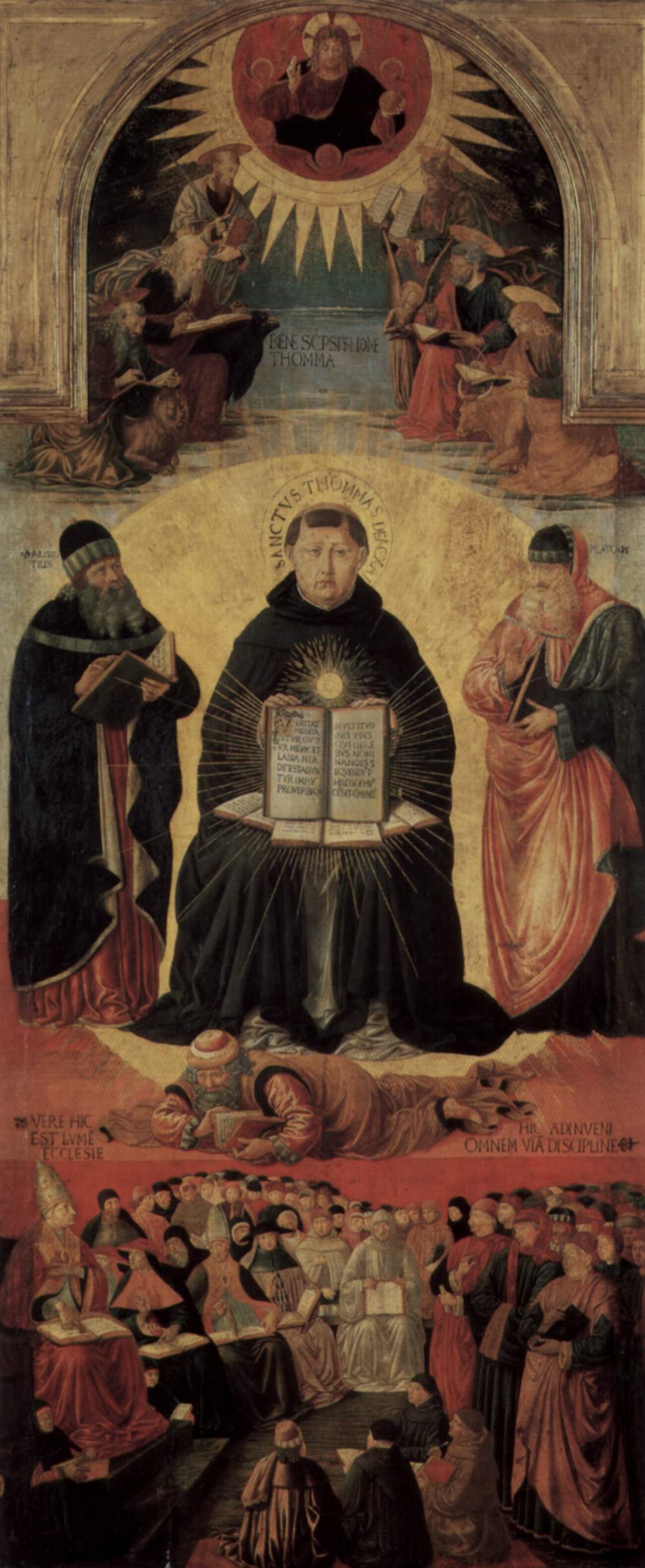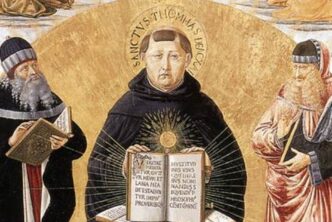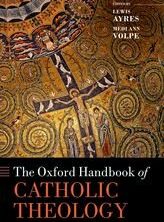 Today we celebrate the feast day of Saint Thomas Aquinas, the brilliant Doctor of the Church who gave us such great works as the Summa Theologica, Summa Contra Gentiles, and over 60 other texts that have deeply impacted the course of theology throughout history. Here are three topics that St. Thomas Aquinas talked about that are especially relevant today:
Today we celebrate the feast day of Saint Thomas Aquinas, the brilliant Doctor of the Church who gave us such great works as the Summa Theologica, Summa Contra Gentiles, and over 60 other texts that have deeply impacted the course of theology throughout history. Here are three topics that St. Thomas Aquinas talked about that are especially relevant today:
1) Atheism
In his Summa Theologica, Aquinas begins by providing his famous Quinque viæ—or five ways—a set of five arguments to prove from reason that God indeed exists. Aquinas first admits “that God exists is not self-evident,” but goes on to list ways in which God’s existence can be logically demonstrated:
1) The argument from motion
2) The argument from causation
3) The argument from contingency
4) The argument from excellence
Aquinas teaches us how to better engage in the most important questions through implementing reason.
2) Theology
St. Thomas understood theology as a science. In his Summa Theologica, on the question of Sacred Doctrine, Thomas sets out to prove that though reason provides us with knowledge, Revelation is primarily necessary for salvation. After revelation is received, man can proceed to explain them it and draw conclusions—this is the science of theology. St. Thomas understood it as a science because the conclusions that flow forth from theology begin with certain revealed principles. Aquinas reminds us of the importance of not just listening to revelation, but understanding it, which is precisely what he his works help us with.
3) Scripture
Aquinas understood the Scripture as having several senses: it is not just historical (excluding the allegorical) or literal (excluding the tropological, moral, and anagogical), it takes on different meaning depending on context. Aquinas says, “The author of Holy Writ is God, in whose power it is to signify his meaning, not by words only . . . but also by things themselves . . . [therefore] it is not unfitting, as Augustine says (Confess. xii) if, even according to the literal sense, one word in Holy Write should have several senses.” Aquinas’ exposition of the Scriptures in all his works maintains not just a high regard for the authority of Scripture, but also a deep understanding of the Scriptures, one that helps us read and study today.
In Verbum, you can study the great writings of Thomas Aquinas like never before. With an integrated library of texts that reference both the Angelic doctor’s citations and other texts that reference Aquinas, you can read St. Thomas in very same context he was thinking in.
Verbum is also working on translating never-before-translated Aquinian works that you can help put into production.
Take some time in honor St. Thomas’s feast day to read and study this great theologian and Doctor of the Church.





